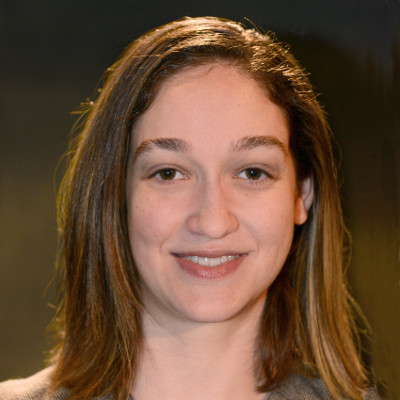Class, Race, and Cancer: Unraveling the Complex Connections
Social inequality plays a significant, but often overlooked role in cancer. Factors such as socioeconomic status, discrimination, and past trends and historical context are interconnected and help explain certain racial differences in cancer.
For example, when it comes to breast cancer, “there are different patterns you may see by economic position in relation to risk of breast cancer and likelihood of surviving it,” says Nancy Krieger, Ph.D., a researcher at the Harvard School of Public Health focused on studying social inequalities in health. “On average in the U.S., at this point, while women who are more affluent above age 50 are more likely to get breast cancer than women who are not, they are least likely to die from it.” Krieger cites this as an example of how economic status plays into inequalities in cancer diagnosis and treatment.

Nancy Krieger, Ph.D., Harvard University School of Public Health
Importantly, understanding social inequalities in cancer can lead to strategies for helping different groups know how to better protect against cancer. This is why Krieger, with the help of a newly-awarded, prestigious American Cancer Society Research Professor grant, is launching several new studies that she hopes will give researchers, doctors, and patients a better understanding of how social inequalities impact cancer. Her goal is to provide information that will lead to increased access to cancer prevention and treatment for people whose socioeconomic status is putting them at a disadvantage today.
Krieger is starting 3 specific empirical studies, which will look into:
- Social inequalities in breast cancer estrogen receptor status: There are two specific proteins associated with breast cancer growth – the estrogen receptor and the progesterone receptor. Breast cancers that test positive for the estrogen receptor are called ER-positive or ER+. Krieger is going to research how risk of having ER+ breast cancer has changed over time based on socioeconomic status, race, and place of birth. Specifically, she is studying whether there are differences in ER+ breast cancer for those living in states where racial discrimination was widespread as recently as the 1950s and 1960s due to Jim Crow segregation laws.
- New methods for measuring and monitoring cancer inequalities: Krieger wants to devise a way of measuring differences in cancer by economic, racial, and ethnic status within cities. “We live in a period where you can read in the paper every day about the growing gap between the rich and everyone else,” says Krieger. These differences lead to segregation within cities by neighborhood in terms of socioeconomic status, which Krieger says can have an impact on health outcomes, including cancer. She hopes her work on this subject will help city and state health officials better meet the needs of different groups.
- Better ways of measuring discrimination and its impact on cancer: Krieger says that racial bias can affect cancer care. “We need to research, for example, when someone does see themselves as a target of discrimination, including by healthcare providers, how it affects their use of health services – does it make people want to interact less with their healthcare provider?” Bias, though, can be tough to measure. For example, people are not always willing and able to report being discriminated against. Krieger is designing new methods to make it easier to measure bias.
Krieger hopes this work will help lead to greater understanding and awareness of the causes of cancer inequities, which will ultimately “advance the action and resources needed to rectify and prevent them.”
- Helpful resources
- For researchers
American Cancer Society news stories are copyrighted material and are not intended to be used as press releases. For reprint requests, please see our Content Usage Policy.



